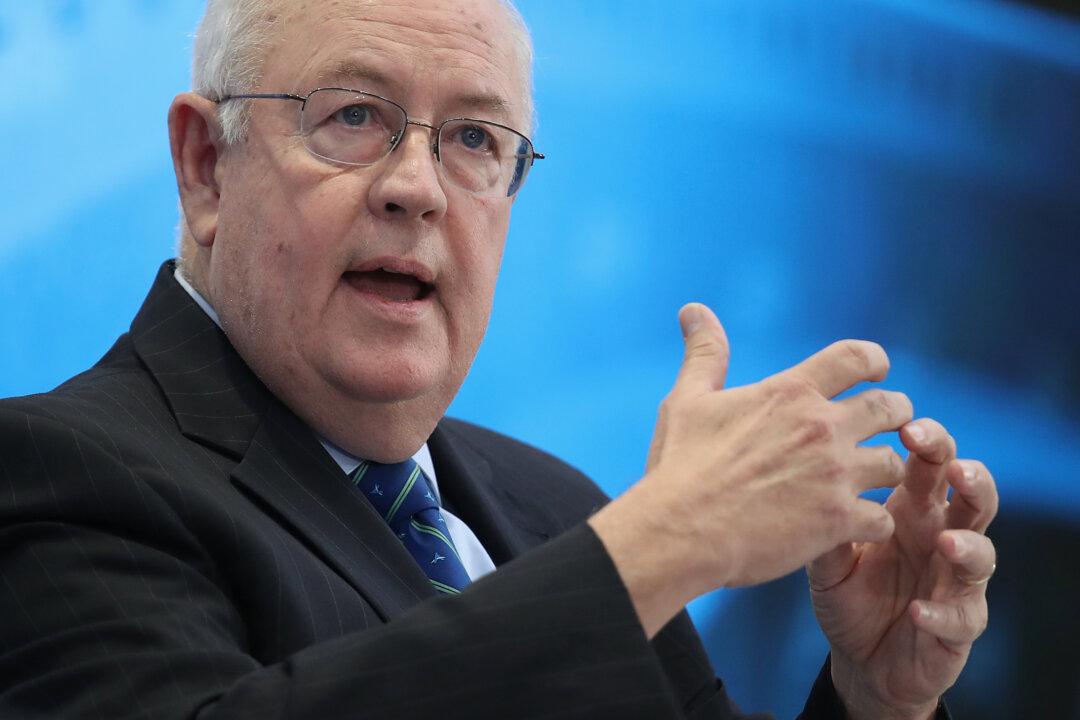Former Independent Counsel Ken Starr said Thursday that witnesses who appeared in the House Intelligence Committee hearings this month haven’t come close to laying out impeachable offenses.
Starr, who served as lead investigator in the impeachment inquiry into former President Bill Clinton, said the testimony has come “nowhere close” to the bar set in the U.S. Constitution.





